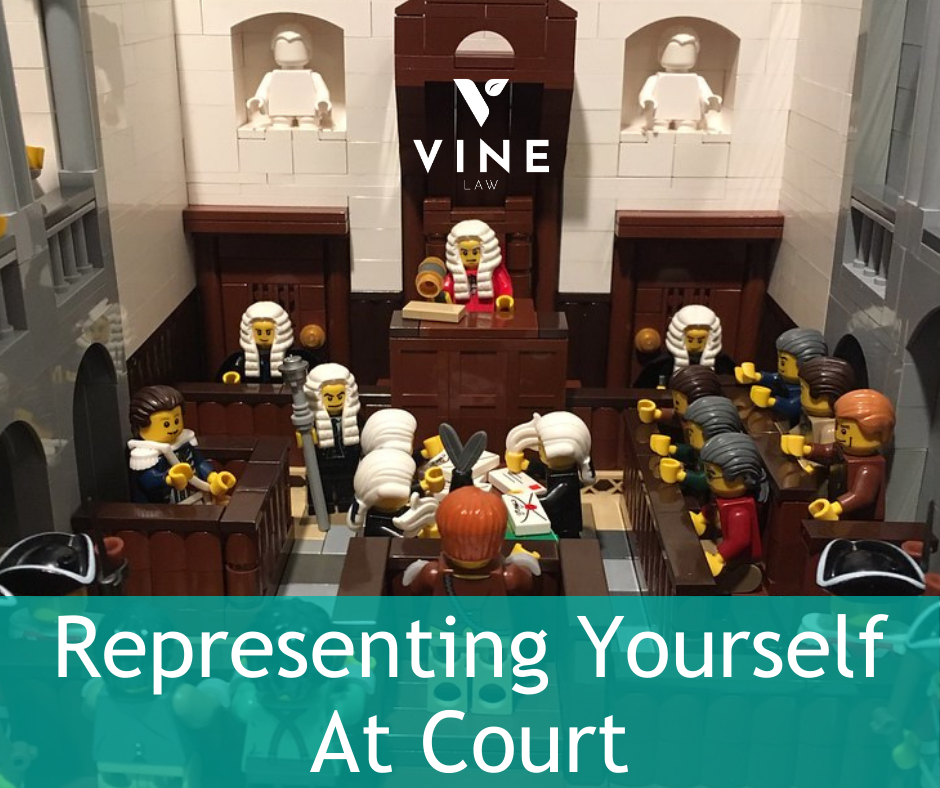Many of you will at some point have watched a “real-life” courtroom TV show like Judge Rinder or Judge Judy. If not, it can be an amusing way to spend a spare half hour. Perhaps not so amusing though for anyone who has had to represent themselves at court and knows how baffling, intimidating and frustrating it can be.
The number of people who represent themselves in court and tribunal proceedings has been growing for many years now, and the trend is not likely to reverse any time soon. This is happening for several reasons including cuts to legal aid funding, inability to afford legal representation and more debts being left unpaid. But how are people with little knowledge of the law supposed to navigate a legal system that was designed for lawyers and which is almost completely alien to them? Even if you act for yourself, the same procedures and rules will apply to you. And whilst some leeway for mistakes or missed deadlines might be given, it may not be much.
Judges, lawyers, and the government are aware of the problem and efforts are being made to help self-represented litigants (known as Litigants In Person (LIPs)).
So where can you turn for help? To start, there are some helpful guides available that you can access for free. The Bar Council has produced a guide to representing yourself in court which you can download from their website.*
The Civil Justice Council has also produced a guide to brining and defending small claims.**
Also have a look at Advice Now (www.advicenow.org.uk) which is a charity whose website breaks down the court process into steps, and which also has a directory of helpful contacts.
Support Through Court (www.supportthroughcourt.org) is another volunteer group which can provide help and support for litigants in person.
Other organisations that can help include: Citizens Advice Bureau, LawWorks (a solicitors’ pro-bono group), and the Bar Pro Bono Unit.
Your local solicitor can also give you advice and support along the way without having to deal with the whole case for you if the cost of that would be prohibitive. We often help clients with limited steps in the process such as putting together their claim or defence, helping prepare statements or collate evidence, or just to fill out confusing forms. Your solicitor can also show you how to best present your case and can help with negotiation or tactics. A lot of this type of work can be done on a fixed fee so you can control your spend.
Our top tip for self-represented litigants is to keep a good record of the work you do to prepare your case. If your claim is for more than £10,000, you are normally entitled to claim costs from your opponent if you win. If you take time off work to go to court, for example, you can claim the amount of pay you have lost. You can also claim for your own time at an hourly rate (currently £19 per hour). To do that, you need to have a good record of what you did and how long it took you. Do this from the start of your case.
By Kim Cross - 29th April 2021 *www.thejusticegap.com/wp-content/uploads/2013/07/Bar-Council-guide.pdf **www.judiciary.uk




